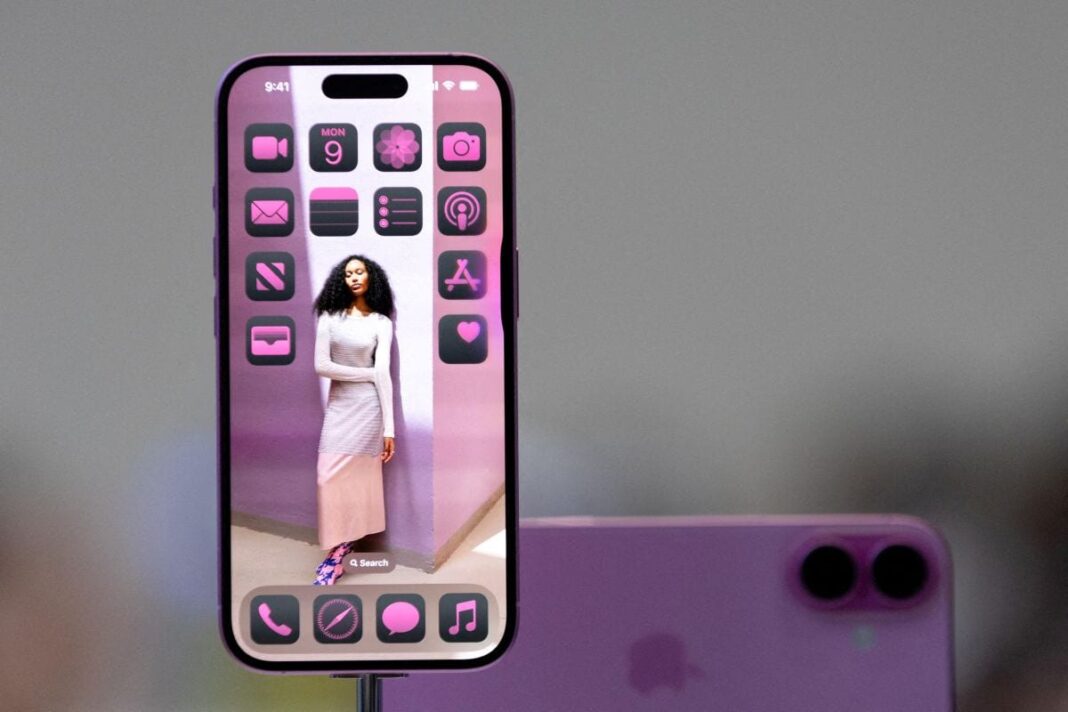In Short:
A federal judge has limited a lawsuit against Apple that claims the company violated the privacy of iPhone, iPad, and Apple Watch users by collecting data via its apps. While most claims were dismissed, some allegations about Apple’s “Share [Device] Analytics” setting will proceed. Users argue that Apple misled them about their ability to limit data collection, contradicting their privacy assurances.
A federal judge has narrowed a lawsuit against Apple, which alleges the company violated the privacy of users of its iPhone, iPad, and Apple Watch devices by collecting personal data through its proprietary applications, including the App Store, Apple Music, and Apple TV.
Details of the Ruling
U.S. District Judge Edward Davila, based in San Jose, California, dismissed nearly all claims related to the “Allow Apps to Request to Track” setting on Apple mobile devices but permitted certain claims to proceed concerning the “Share [Device] Analytics” setting.
Allegations Against Apple
Users of mobile devices argue that Apple breached their user agreements and violated several privacy and consumer protection laws by promising that disabling certain settings would limit the collection, storage, and use of their personal data. According to the plaintiffs, despite their preferences, Apple continued to collect, store, and utilize this data.
Legal Context
The lawsuit, which seeks unspecified damages, is part of a broader wave of legal challenges against technology companies, including Alphabet’s Google and Meta Platforms’ Facebook, over allegations of unauthorized user data collection.
Judge’s Insights
In a detailed 39-page decision issued late Thursday, Judge Davila stated that Apple had clearly communicated to its users that the “Allow Apps to Request to Track” setting was relevant only to “other companies’ apps and websites.” He found it “implausible” for reasonable users to believe that turning off this setting would revoke consent for Apple to collect their data through its own applications.
Implications of the Decision
Nonetheless, the judge remarked that users had plausibly claimed they withdrew consent by disabling the “Share [Device] Analytics” setting. This was based on Apple‘s own disclosures indicating that users could “disable the sharing of Device Analytics altogether.” The company has stated that it collects data through this setting to enhance its products and services.
Responses From Involved Parties
As of Friday, the lawyers representing the plaintiffs had not responded to requests for comment. Similarly, Apple and its legal team were also silent regarding similar inquiries.
Case Information
The case is titled In re Apple Data Privacy Litigation, and is being heard in the U.S. District Court for the Northern District of California, designated as No. 22-07069.
© Thomson Reuters 2024





